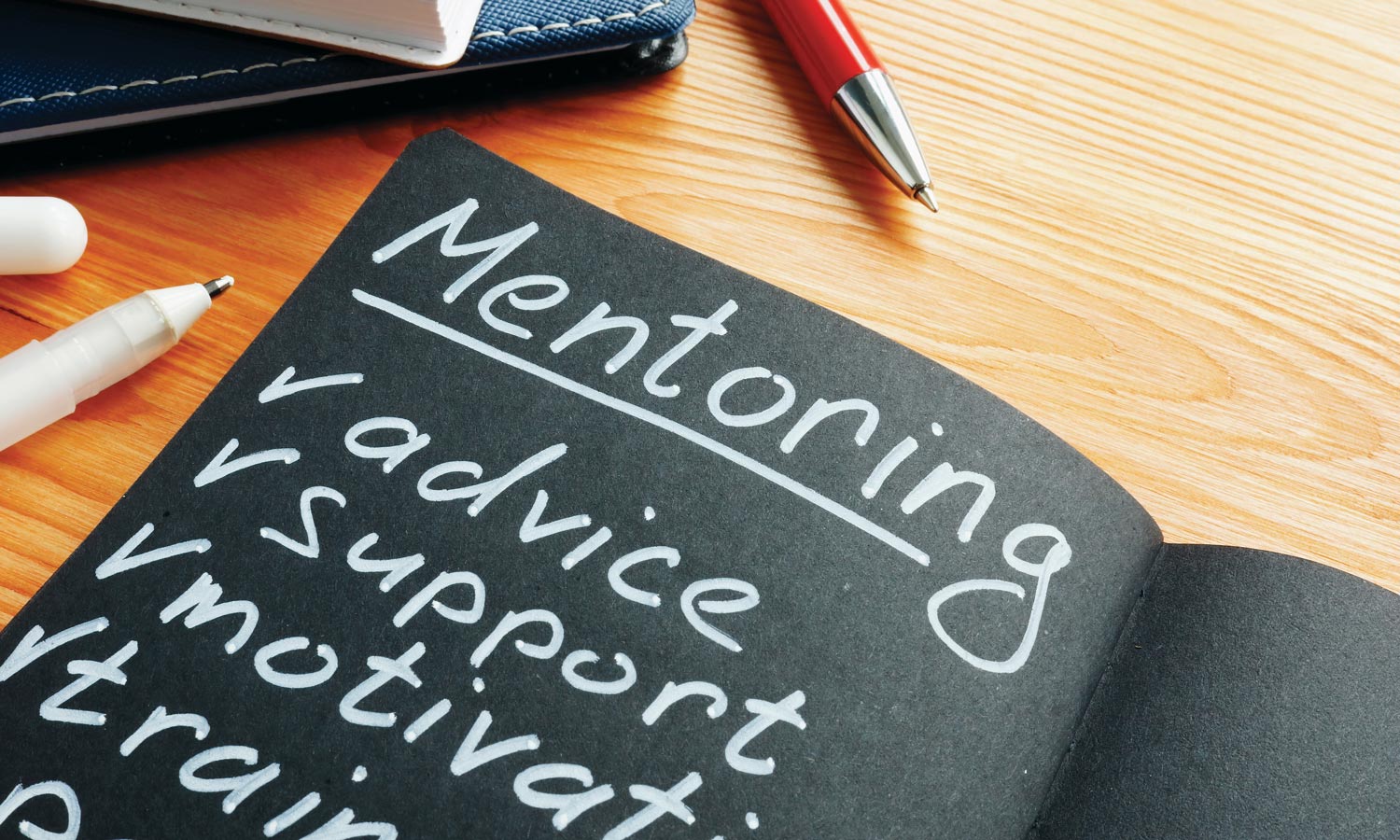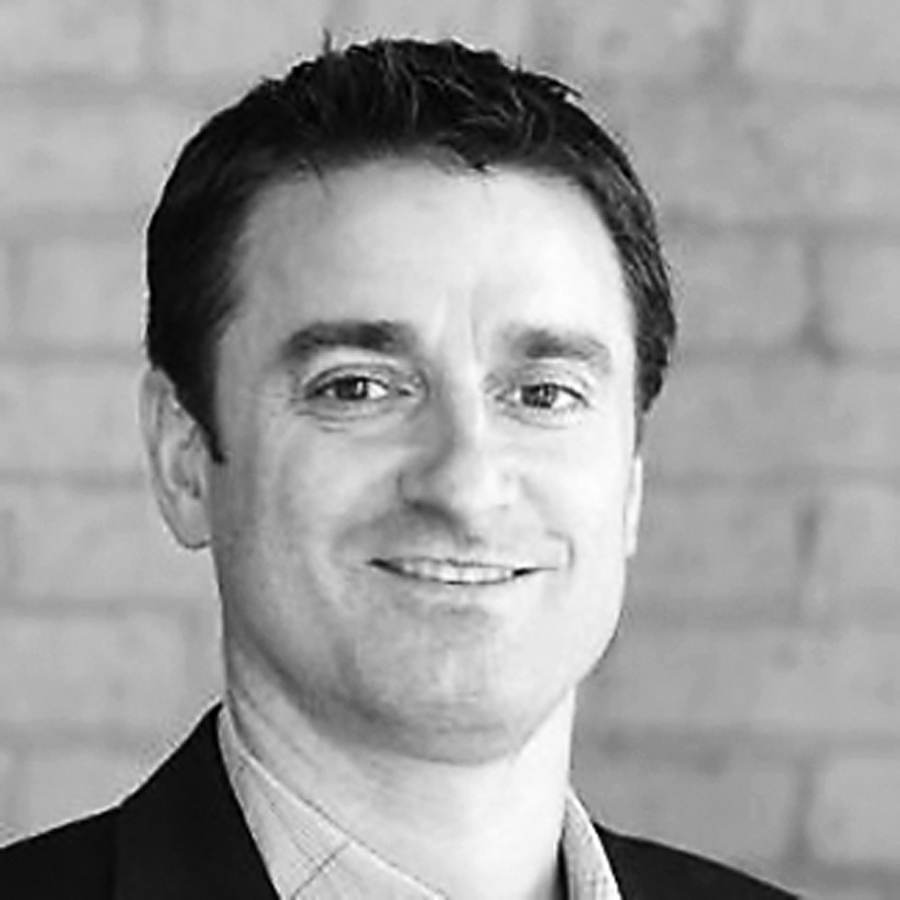
eddy was a gangster. There is no other way to put it. And he was proud of it. When I showed up for my first day as a volunteer at the county juvenile detention center, I knew I was outside my comfort zone. I had no idea that Teddy was going to extend that comfort zone throughout the better part of a decade and take me hundreds of miles away from home.
When I met Teddy, my job wasn’t fulfilling. It paid for my student loans and other bills, but I was searching for an outlet that could truly make a difference. That’s why I started volunteering with young people. I love teaching and coaching.
When I heard about tutoring opportunities offered through my employer, I jumped at the chance. It turns out that I was the only employee who chose to volunteer. Everyone else at the company missed out on a chance to change a life and have their own life changed at the same time.
Teddy and I would meet for a couple hours each week. He would choose a topic of interest, I would research it, and we would discuss it the next time we met. He loved it. I loved it. I got the sense that all his male role models prior to meeting me had a criminal background. To him, I was exotic. In truth, I had never met someone like Teddy either.
At the time I had no idea how much this experience was going to mean to my development as a leader. My success in the detention center required me to build trust, project confidence, assess risks, communicate with people who were different from me, and, maybe most importantly, listen without judgment. Leadership development opportunities can come in some of the most unusual settings.
One night before our tutoring session started, I joined Teddy’s unit for dinner. After fixing my plate, I sat down at a table with a couple of Teddy’s peers. Teddy was in the buffet line talking to one of the guards. A young man named Wallace started aggressively asking what I was doing at his table. Wallace easily outweighed the next largest person in the unit by 50 pounds. His taunts incited others at the table to join him in making me uncomfortable.
Fights were a common occurrence, but harming a civilian like me would have had harsh consequences. I didn’t know if they were going to escalate beyond letting me know I didn’t belong with them, but it didn’t matter.
As if he had a sixth sense, Teddy, who was 30 feet away with his back to us, knew the energy in the room had changed. He left the food line, shot over to our table, and put his nose six inches from Wallace’s face. Teddy let him know that I was his tutor; if Wallace had a problem with me, he had a problem with Teddy. Wallace, his eyes wide with panic, simply deflated. Wallace never talked to me again that night or any other night. Teddy put himself in between me and a potential threat. Love, loyalty, brotherhood—however you want to define it, the bond between Teddy and I was present.
After five years in prison, Teddy was released and invited me to visit him in Kansas City. I drove the 400 miles to see him. When Teddy opened the door, I couldn’t believe my eyes. Not only had he earned a degree, he had transformed himself into a chiseled hulk. He pulled me into the apartment and hugged me like his life depended on it. Physical contact in the detention facility had been prohibited. This was our first hug.
It’s been nearly 30 years since Teddy and I first met. I haven’t seen him or talked with him since spending that day together in Kansas City. He reoffended and spent the next 20 years in prison. He was a gangster. He knew no other way.
I often wondered who Teddy could have become if we had met earlier in his life. I suspect he might have turned out differently. Maybe he would have taken his education more seriously or developed into an athlete. Being in a gang gave him purpose and a brotherhood. Maybe he could have met those needs in a more positive place.
Playing this “what if” game is part of the reason I have defined my life’s purpose as helping people realize their full human potential. Throughout the decades since meeting Teddy, I have put this purpose into action by advising entrepreneurs, mentoring young professionals, being a Big Brother, helping young people elevate their education, creating sports teams for disadvantaged kids, and developing leadership opportunities for high-potential young people who often get overlooked.
I had never met anyone like Teddy. By listening to the stories that were important to him, by letting him teach me, and by accepting him despite his transgressions, I was able to earn his trust. We didn’t get hung up on our many differences. We found interests that connected us.
Years later when I became a Big Brother, I started to learn about motivating employees. I learned that recognition, a sense of meaning, and growth and development were powerful tools of motivation. At the time, I didn’t have a team of my own, so I tested my skills on my Little Brother. I practiced recognizing him, filling him with meaning, and focusing on his development. When I got my own team, my motivational skills were sharp.
Throughout the course of my career, the workplace has become more and more diverse. Creating a sense of belonging with every person on their team is one of the most important things a leader can do. Leaders are required to connect with people from a wide range of demographics and backgrounds. Building trust and creating connections are critical in this process. Being a mentor gave me opportunities to hone these skills with young people of different races and economically challenged backgrounds, and even with their families, who often pre-judged me because of how I looked and talked.
When I tell these mentoring stories, people are often envious. When I ask why they don’t mentor, many say that they don’t have enough time, expertise, or experience, that mentoring someone from a different background is intimidating, that they aren’t very good with kids. A few say they will help others once they get more firmly established. Here are my responses to these excuses:
1. If it’s important to you, you’ll make time. My two young children often accompany me when I meet with mentees. Everyone benefits.
2. Mentoring someone with a different background is a great way to leave your comfort zone. Getting outside your comfort zone is the entry point to your growth.
3. Kids aren’t the only people in need of mentors. All of us can benefit from having mentors. I’m in my 50s, and I still have several mentors.
4. Being a mentor and reaping the learning and growth opportunities it provides is one of the best ways to establish yourself and your career.
I promise you, there is someone in your organization, someone in your neighborhood, or someone in your network who can benefit from your mentorship. By being a mentor, you are positively changing a life. Sometimes that life is your own.
Today, Teddy, after serving another 20 years in prison, is a free man. I have tried to get in contact with him but to date have been unsuccessful. I would simply like him to understand what he meant to me and how he helped me become the leader I am.

An avid traveler and volunteer, MacPherson has visited 74 countries and been a Big Brother mentor for more than 20 years. He has helped create The Inner City Ducks, Future Leaders Academy, and Leadership Garden—all organizations focused on helping young people reach their full potential.